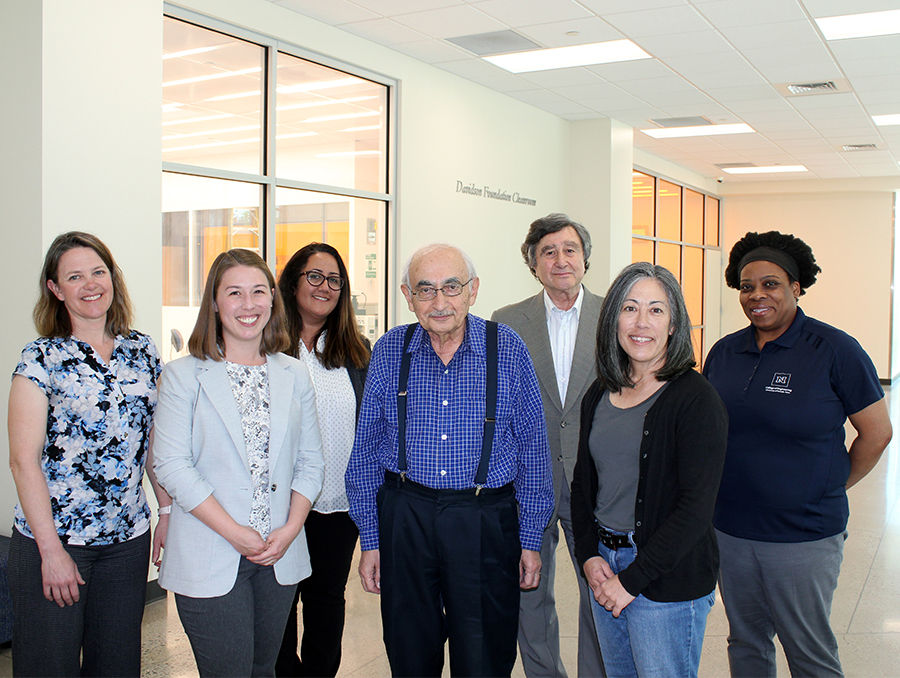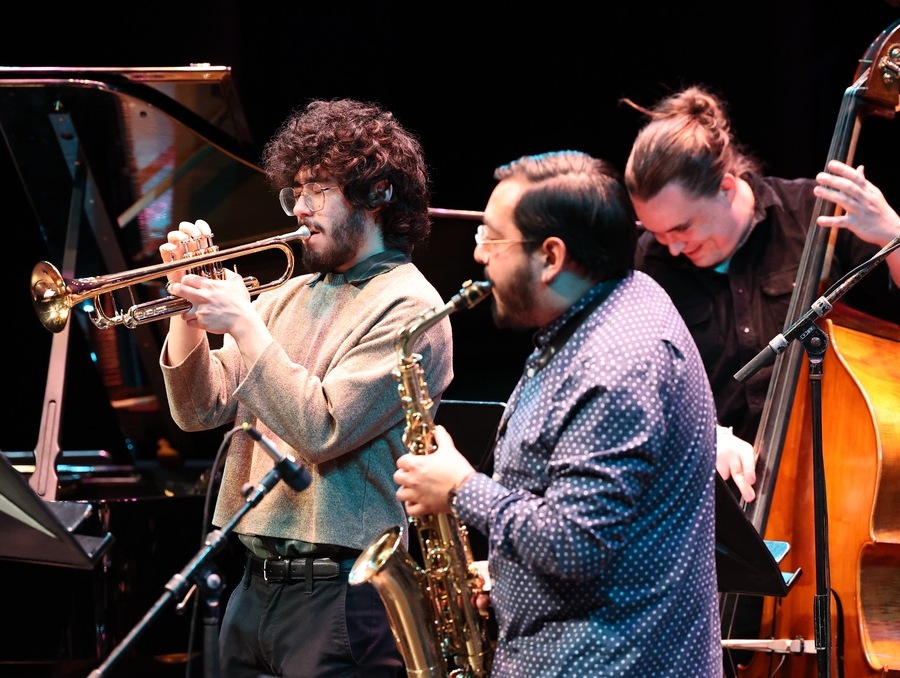Andrei Derevianko, an associate professor in the College of Science’s Department of Physics, is part of a group of physicists who were recently featured on Discovery Channel for their work in the creation of the world’s most accurate atomic clock.
Derevianko, whose work at the University along with colleague Sergey Porsev laid out the theoretical foundation for the project, says that current clocks are based on the oscillation of metal cesium. He says that such technology dates back more than half a century. Over time, such clocks begin to slow by as much as a second over several million years.
The new mercury-based clock that the team is working on promises to eliminate this problem. Improvement in the timing process is a critical need for Global Positioning Systems, which rely on the tiniest of fractions of second differences between signals of orbiting satellites.
The new clock, called an optical lattice clock, uses lasers that create a wave that helps hold atoms of mercury at rest. Another set of lasers reads the atoms’ energy levels to determine the time. The clock, Derevianko said, can track any changes with unprecedented sensitivity. The team began testing last month.
Derevianko says the new clock will lose only a fraction of a second over 14 billion years, which is an estimated age of the Universe.
“The clock should be more accurate by several magnitudes,” Derevianko says.
In addition to the Discovery Channel feature, the team’s work was published recently in Physical Review Letters.











